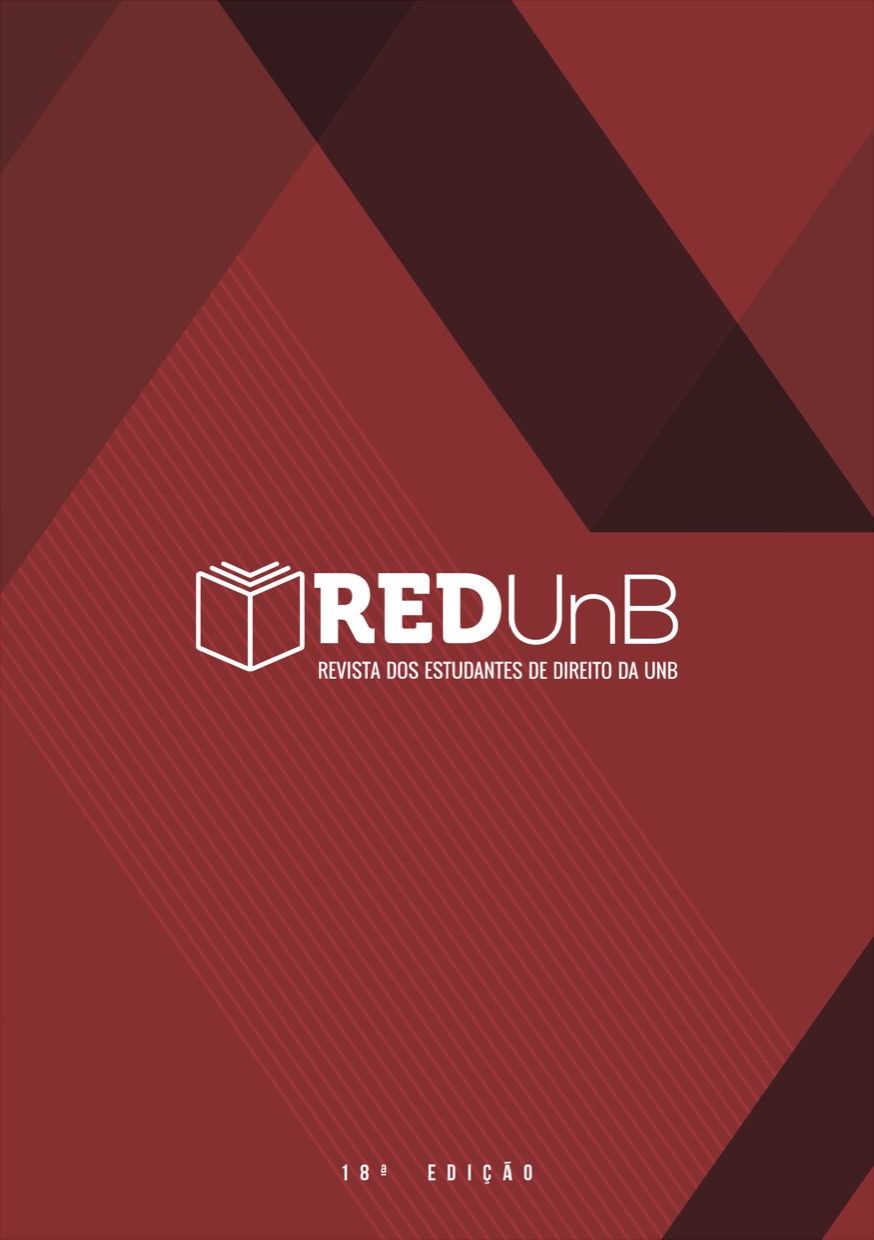DELIMITATIVE AND FRACTIONING:
PROCEDURAL GRATUITY (UNEXPLORED) ATTRIBUTES
Keywords:
Procedural gratuity. Code of Civil Procedure. Court fees. Partial exemption of court fees.Abstract
The present article explores the §§5º e 6º of art. 98 of the Code of Civil Procedure (CCP), particularly, the thesis that the selective, percentual or installment grant of court fees legal exemption confers delimitative and fractioning attributes to the benefit.
The first part of this work presents a systematization proposal to the central concepts that surround the object at study. Also, it indicates the legislation positive impacts to both citizens and the State.
Afterwards, the delimitative and fractioning attributes are used to clarify some aspects of procedural gratuity pos-CCP. Therefore, the second part of this article analyses (i) the illegal jurisprudential thesis of incompatibility between the appeal costs payment and the court fees exemption claim; (ii) the new paradigm of decision appliable to the benefit claim; (iii) the doctrine’s criticism to the partial benefit legal rule; and (iv) possible procedures to confer effectiveness to the gradual instruments triad consolidated by CCP.
Above all, the main goal of this work is to instigate the debate among jurists, in order that the procedural gratuity legal reframe acquires, at last, effectiveness.
Downloads
References
ALVES, C. F.; VIEIRA, J. R. (orientador). A estruturação dos serviços de assistência jurídica nos Estados Unidos, na França e no Brasil e sua contribuição para garantir a igualdade de todos no Acesso à Justiça. 2005. 421p. Tese de Doutorado Teoria do Estado e Direito Constitucional ”“ Programa de pós-graduação do Departamento de Direito da Pontifícia Universidade Católica do Rio de Janeiro/RJ.
ARAKE, H. A; GICO, I. T. Jr. De Graça, até Injeção na Testa: análise juseconômica da gratuidade de Justiça. Economic Analysis of Law Review, v. 5, n. 1, pp. 166-178, jan./jun. 2014.
BRASIL. Centro Nacional de Inteligência da Justiça Federal. Perícias Judiciais em Matéria Previdenciária. 2018. Nota Técnica 06/2018. Disponível em https://www.cjf.jus.br/cjf/corregedoria-da-justica-federal/centro-de-estudos-judiciarios- 1/nucleo-de-estudo-e-pesquisa/notas-tecnicas. Acesso em: 15 fev. 2020.
. Gratuidade Judiciária: critérios e impactos da concessão. 2019. Nota Técnica 22/2019. Disponível em https://www.cjf.jus.br/cjf/corregedoria-da-justica-federal/centro-de- estudos-judiciarios-1/nucleo-de-estudo-e-pesquisa/notas-tecnicas. Acesso em: 15 fev. 2020.
. Conselho Nacional de Justiça. Justiça em Números 2019. Brasília: CNJ, 2019. 236p.
CAMPO, H. M. Assistência Jurídica Gratuita: Assistência Judiciária e Gratuidade Judiciária. São Paulo: Juarez de Oliveira, 2002.
DIDIER, F. Jr.; OLIVERA, R. A. Benefício da justiça gratuita: de acordo com o novo CPC. Salvador: JusPodivm, 2016.
; ; BRAGA, P. S. Curso de direito processual civil: teoria da prova, direito probatório, ações probatórias, decisão, precedente, coisa julgada e antecipação dos efeitos da tutela. Salvador: Jus Podivm, 2016.
DONIZETTI, E. Novo Código de Processo Civil comentado. São Paulo: Atlas, 2017.
DELLORE, L.; TARTUCE, F. Gratuidade da justiça no novo CPC. Revista de Processo, v. 236, p. 305-324, 2014.
. Novo CPC: o Lado B da Justiça Gratuita. Disponível em: https://www.jota.info/paywall?redirect_to=//www.jota.info/opiniao-e-analise/artigos/novo-cpc-o-lado-b-da-justica-gratuita-13042015. Acesso em 4 ago. 2020.
MARCACINI, A.; MARTINS, M. O beneficiário de gratuidade processual e a concessão do benefício no novo CPC: mais efetividade ao acesso à justiça do carente de recursos. Redes ”“ Revista Eletrônica Direito e Sociedade, Canoas: v.4, pp. 29-50. 2016.
MARTINS FILHO, I. G. Reformas para o bem comum. Revista dos Estudantes de Direito da UnB, Brasília, n. 16, pp. 91-97. 2019.
MARTINS, J. E. F. A. A Gratuidade de Justiça no Novo Código de Processo Civil. Revista Juris Poiesis, Rio de Janeiro, v. 22, n. 30, pp. 203-229, dez. 2019.
NEVES, D. A. A. Interesse Recursal e Sucumbência. 2010. Disponível em: http://www.professordanielneves.com.br/assets/uploads/novidades/201011151803310.interess eemrecorrer.pdf. Acesso em 2 mar. 2020.
ROCHA, R. H. M. A preclusão como instituto essencial à ordem jurídica. 2010. 198f. Dissertação de Mestrado em Direito Processual Civil ”“ Programa de pós-graduação em Direito da Pontifícia Universidade Católica do Rio Grande do Sul, Porto Alegre/RS.
SILVA, O. B. Curso de Processo civil. São Paulo: RT, 2000, v.1.
SILVA, T. A. O Benefício da Justiça Gratuita no Novo Código de Processo Civil. Revista Jurídica da Seção Judiciária de Pernambuco, Pernambuco: n. 8, pp. 299-320. 2015.
TENENBLAT, F. Limitar o acesso ao Poder Judiciário para ampliar o acesso à justiça. Revista Jurídica do Centro de Estudos Judiciários, v. 15, n. 52, pp. 23-35, jan./mar. 2011.


